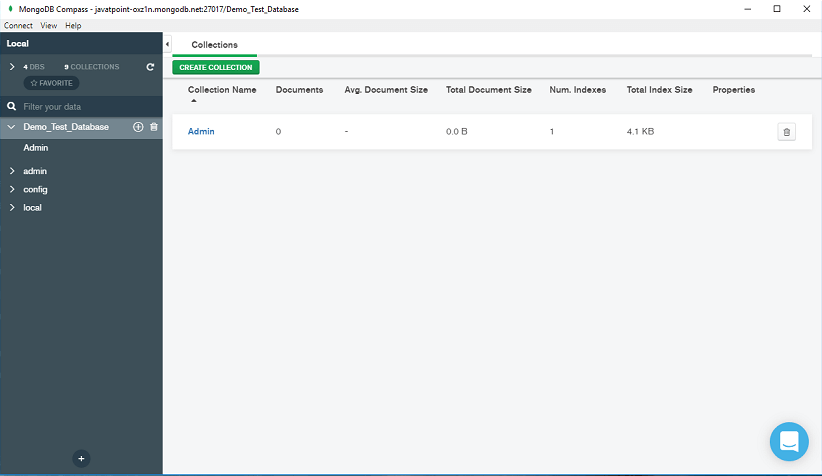

Your choice of method to use with your "$regex" query will depend on the task at hand– whether you want to find a single document or multiple documents, whether you want to simply find documents or find them and replace content, and so on.
#Mongodb compass filter regex symbols install
You’ll need to install the PyMongo driver for MongoDB using pip3:įind_one_and_replace ( ) # find one and replace contentĬount_documents ( ) # return integer count of docs that query matches Regex is a series of characters forming a pattern to. You’ll need to have the PIP3 package manager for Python 3 installed, because you’ll be installing the necessary modules using the pip3 command. To execute a MongoDB equivalent of a MySQL like clause, MongoDB uses regex. Press CTRL+Z to exit the Python interpreter. Use MongoDB Compass: MongoDB's free visualization tool is great for getting a quick. Step 1: Create a database regx and collection employee using MongoDB compass.

If you’re not sure whether Python 3.4 (or above) is installed, open a terminal or command prompt window and type idle3 or python3 and press Return. Use regular expressions: Again, since indexes are ordered by value.

You’ll need to install and run the MongoDB server on the same server or machine where your Python scripts are running. There are a few system requirements to keep in mind: For Case insensitive query please prepare a query as explained in the above first example. Prerequisitesīefore we can look at some sample "$regex" queries, it’s important to go over the prerequisites for this task. filter builder.Regex ('Author', '' + search + '.') Search Result: The above query returns all the Authors which starts with J values.
#Mongodb compass filter regex symbols how to
In this article, we’ll explain how to use a regex query for MongoDB documents in Python. Performs a regular expression (regex) pattern matching and returns: true if a match exists. The PyMongo "$regex" query for MongoDB follows some of the same standards and patterns as regular expressions. Definition regexMatch New in version 4.2. /Creates a filter that matches all documents where the value of the field matches the given regular expression pattern with the given options applied. In these types of situations, regular expressions can be used to allow for wildcards and partial matches in queries. You might be querying a collection of store inventory for all items that have “Cookies” as some part of their name, or perhaps you’re searching for a person’s last name that begins with “Sch”, though you’re not sure exactly how the name is spelled. When you query a database, you’re not always looking for an exact string match.


 0 kommentar(er)
0 kommentar(er)
